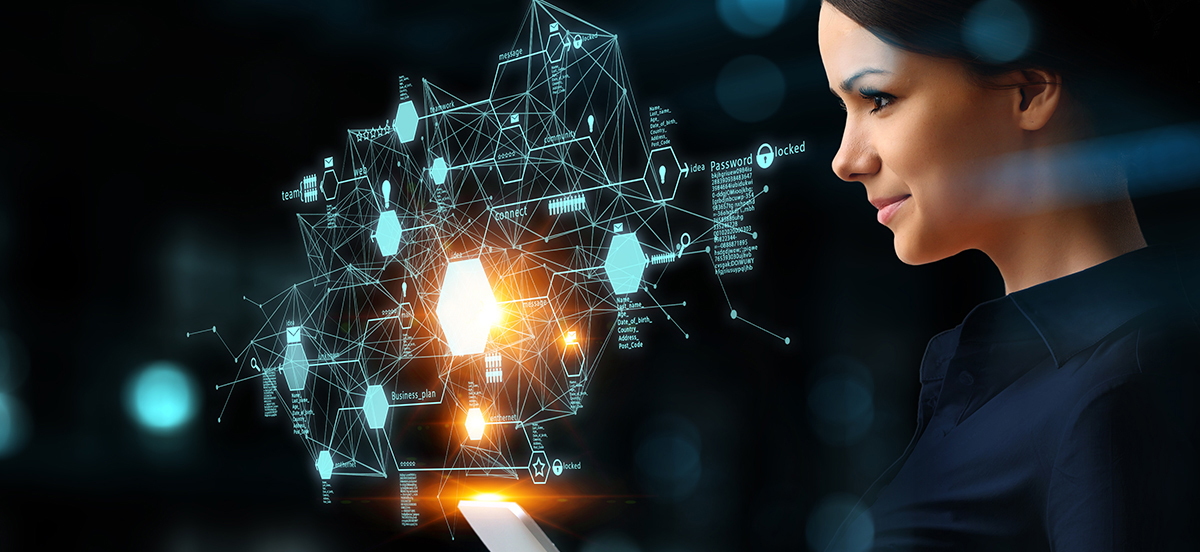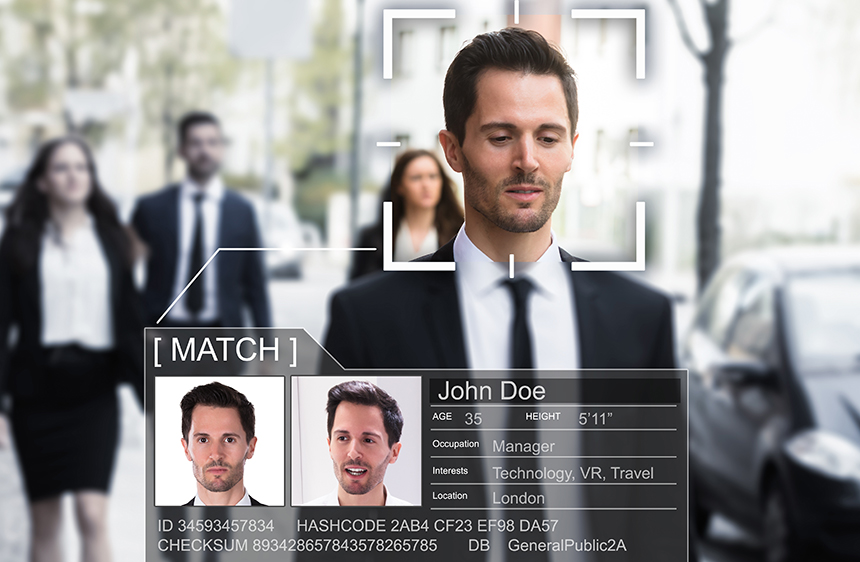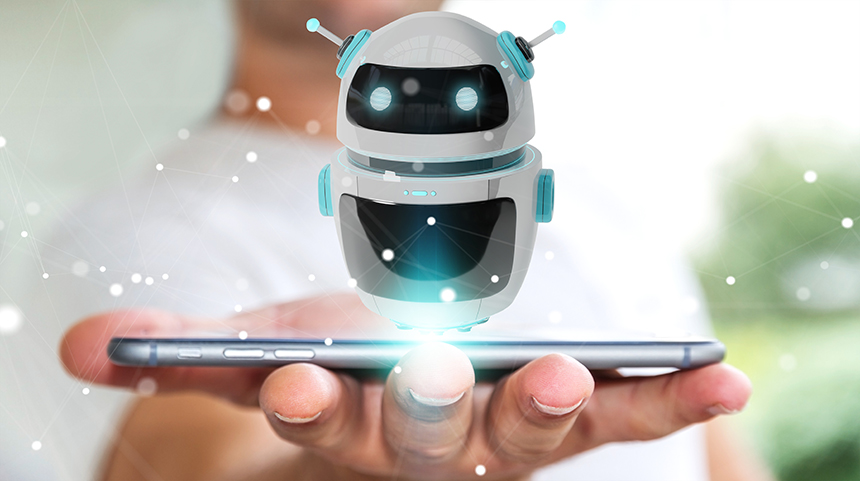
AI has the potential to solve complex problems and improve our lives in many areas, including healthcare, transportation, and communication. It can automate tedious and repetitive tasks, process large amounts of data, and make predictions and recommendations based on that data.
Numerous theories center on the notion of AI eventually gaining control over human civilization. This idea may appear plausible, particularly when considering the common science fiction motif of endowing immense power to AI and robots. However, examining the factual capabilities of this technology and its current applications, it becomes evident that such a scenario is not feasible.
Overall, AI is a powerful technology that has the potential to transform many industries. Nonetheless, it is important to separate fact from fiction and to understand the limitations and capabilities of this technology.
Therefore, we present to you 7 myths about AI that you need to stop believing and the truths to consider instead.
1- AI is going to take over the world
This is a common myth perpetuated by science fiction movies and books. However, AI does not have the capability to take over the world, as it is simply a tool that is programmed by humans to perform specific tasks. AI lacks the ability to think on its own or to make independent decisions. In reality, they cannot make decisions like hacking security systems or ruling a country without human intervention.
Currently, it is improbable for anyone to consider creating or utilizing an autonomous machine that could potentially harm its human creators. Although drones and security robots with autonomous action capabilities have been developed, they have yet to be implemented due to potential public backlash. The scenario of robots developing self-preservation instincts or interpreting commands to take control of humans is only hypothetical, and the creation of such machines is unlikely, due to ethical concerns. While it's possible for these scenarios to happen in the future, worrying about such science-fiction-like threats is akin to worrying about the possibility of an alien invasion.
AI is expected to add $15.7 trillion to the global economy by 2030 *
*PwC
2- AI will replace humans at work
While it is true that AI may automate certain tasks that were previously performed by humans, it is unlikely that AI will completely replace human workers. In fact, AI is more likely to augment human work, making it more efficient and effective.
Some of the reasons why AI can’t replace humans at work are:
- AI lacks emotional intelligence which is considered one of the most important factors in the workspace and which requires empathy and a deep understanding of the human experience. Emotional intelligence, which enables humans to connect together and to better understand and deal with clients, cannot be simply programmed into an AI machine.
- AI can only work with the data it receives
AI relies solely on the data inputted into it and cannot handle situations outside of its programmed algorithm. This limitation is common in the tech and manufacturing industries, where AI builders attempt to find temporary solutions. The myth that AI tools can adapt to any situation is untrue. The power of the human brain to analyze, create, improvise, and gather information cannot be easily replicated by AI, making it unlikely that AI will completely replace human workers.
- AI always needs human intervention and fact-checking
Artificial intelligence is a product of human intelligence, as humans design and develop it, and input data for AI machines to operate. AI chatbots such as ChatGPT are often inaccurate and require human moderators for fact-checking, as they lack common sense and reasoning abilities. As the use of AI grows, human involvement in designing, creating, operating, and maintaining these machines will increase. It is impossible to live without AI in the present age, but humans remain essential to AI processes. Forward-thinking organizations are combining human capabilities and AI for higher productivity and innovation.

3- AI can only be utilized by big companies
Many large companies are investing in AI technology, however, AI is also accessible to small and medium-sized businesses. There are many AI tools and platforms available that are affordable and easy to use, making it possible for businesses of all sizes to take advantage of this technology.
To remain competitive, organizations must consider the potential impact of AI on their strategies and explore how this technology can be applied to solve business problems. AI exploitation is comparable to skipping the next phase of automation, and failing to adopt AI could place companies at a disadvantage. With 69% of managerial tasks expected to be automated in the next four years, companies of all sizes must evaluate how they can integrate AI into their strategies and prepare for future disruptions.
4- AI is completely objective
AI algorithms are only as objective as the data they are trained on. If the data is biased, the AI algorithm will also be biased. All AI technologies rely on input from humans, however, since humans inherently have biases, AI systems also reflect these biases. AI systems that are regularly retrained using new data from social media are even more susceptible to unintended biases or deliberate malicious influences.
To avoid bias, it is important to ensure that the data used to train AI algorithms is diverse and representative of the population it will be applied to. In addition, it is crucial to have diverse teams working with AI and that team members review each other’s work. It is impossible to completely banish bias, but these simple steps can significantly reduce it.
While machines with AI will replace about 85 million jobs in 2025, about 97 million jobs will be made available in the same year thanks to AI*
*World Economic Forum
5- AI and Machine Learning are synonymous
Machine learning is a type of artificial intelligence that involves developing algorithms to improve a machine's performance by analyzing patterns in data. This process requires a well-planned training and data acquisition strategy. On the other hand, AI encompasses a wide range of computer engineering techniques, including machine learning (ML), natural language processing (NLP), rule-based systems, and optimization techniques. AI involves all processes that mimic human intelligence, which includes ML but also encompasses a broader set of techniques.
While AI and ML are interrelated, they are not one and the same as many people believe.
6- AI only produces robots
AI encompasses more than just robots and can be applied to various aspects of technology. Although robotics may depend on AI, they are not necessarily synonymous. A robot can simply be a combination of mechanical and electrical components, and AI can only influence its behavior if applied. Therefore, it is possible for a robot to exist independently of AI.
There are many examples of products that use AI in their design and function, beyond just robots. Here are some examples:
- Virtual personal assistants like Siri, Alexa, and Google Assistant
- Image and speech recognition software
- Recommendation systems, used in e-commerce sites like Amazon and streaming services like Netflix and Spotify
- Self-driving cars and other autonomous vehicles
- Fraud detection software used by banks and credit card companies
- Natural language processing tools for sentiment analysis or chatbots in customer service
- Predictive analytics and machine learning models used in healthcare for diagnosis and treatment plans
- Agricultural drones that use AI to help farmers monitor crops and manage resources more efficiently.

7- AI will eventually learn to behave the way a human brain can
AI is being increasingly used in various fields, such as business intelligence, astronomy, medicine, and pharmacy. However, AI is limited to available data and cannot think for itself, making self-thought a significant limitation that may never be overcome. AI is not capable of thinking like humans as it works on algorithms, which are complex sets of commands for a computer to follow. Although modern AI advancements, such as neural networks, have drawn inspiration from the architecture of the human brain, there are many cognitive processes that cannot be replicated by a computer program.
Cognitive AI can solve problems that standard programming approaches cannot, such as the use of ambiguous language, image recognition, and execution of complex tasks where precise conditions and outcomes cannot be predicted. However, AI is only as good as the data it is fed, and humans always need to interfere by using their interpretation and judgment in order for AI systems to operate properly. The capability of AI to define new scenarios is referred to as "general AI," and this breakthrough is not happening in the foreseeable future.
Hence, it is rather absurd to view AI as a force that surpasses us. Instead, it is more appropriate to perceive it as contemporary aides that perform complex tasks with greater precision and efficiency than we are capable of, but not with greater intelligence.
AI adoption in the enterprise has grown 270% over the past four years *
*Gartner
Learn and make AI work for you in order to move forward
In conclusion, the field of AI is often shrouded in myths and misconceptions that can obscure its true potential. While it is true that AI can be incredibly powerful and transformative, it is important to dispel some of the common myths surrounding this technology. By understanding the realities of AI and its limitations, we can better appreciate its potential to enhance our lives in countless ways.
If you’re ever scared that AI will one day replace you, it's crucial to keep up-to-date with the latest trends in your industry and embrace innovation and creativity. These qualities will make you indispensable and ensure that your employer won't let you go. You can harness the power of AI today by educating yourself about what it can and cannot do and how it can help you optimize your processes.